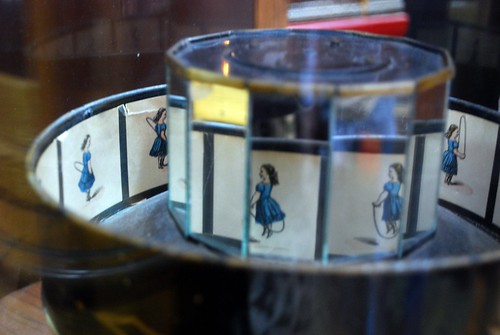Most likely Tolstoy is in good health (apart from the stones) and will live another twenty years or so. His illness frightened me and kept me in a state of tension. I dread Tolstoy's death. His death would create a vacuum in my life. To begin with, I have never loved anyone as much as him; I am an unbeliever, but of all the faiths I consider his the nearest to my heart and most suited to me. Then again, as long as there is a Tolstoy in literature it is simple and gratifying to be a literary figure; even the awareness of not having accomplished anything and not expecting to accomplish anything in the future is not so terrible because Tolstoy makes up for all of us. His career is justification for all the hopes and expectations reposed in literature. In the third place, Tolstoy stands solid as a rock, with his immense authority, and as long as he remains alive bad taste in literature, all vulgarity, be it insolent or tearful, all coarse, irascible vanities will be held at a distance, deep in the shadows. HIs moral authority alone is capable of keeping so-called literary moods and trends at a certain high level. Without him the literary world would be a flock without a shepherd or a hopeless mess.It seems cruel that it was Chekhov who was to die first, without ever getting to read Tolstoy's late masterpiece, Hadji Murat, the posthumously published novella (worked on in secret even as he disavowed fiction) that in some sense brought him back full circle to the world of his early novel The Cossacks.
Sofia Tolstoy--whose suffering (complicated, I acknowledge, by her own complicity and problematic character) might have lessened Chekhov's devotion had he been able, as we are, to read her diaries--in general seems to have appreciated, even admired Chekhov's work. But on April 16, 1911, six months after her husband's death, when she was, it seems, still wrestling with a toxic combination of anger and loss, she wrote in her diary,
I read some Chekhov--very clever, but he sneers a lot and I don't like that.Sneering isn't a stance I associate with Chekhov; he has too much fundamental sympathy for that. What seems more likely is that Sofia was still too wrought up by her loss to accept the sort of empathy that Chekhov extends to his characters; the rest of that day's entry, even when adjusted for Sofia's (Russian?) tendency to melodrama, is painful to read:
A fine morning, then a thunderstorm and a short, fierce shower. I haven't been crying recently--I've grown cold, my life is a matter of endurance. "To live is to submit!" according to Fet.Which sends me to Viktor Shklovsky, epigrammatic genius of Russian critics, who in his Energy of Delusion wrote on Chekhov's short, struggling life:
It's as though in the history of literature you won't come across a story that's more moving or decent as Chekhov carrying his large family on his back.And on Karenina and Vronsky:
Someone so free in his judgments, who loved Tolstoy, who strangely never noticed Dostoevsky, and who freed literature from the slavery of old forms.
That was Chekhov.
Were they unhappy? Was Tolstoy happy? I don't know.Friday, I learned today, was Tolstoy's birthday. He was born 183 years ago, and we continue to read and re-read and discuss and ponder and fret about him.
I don't know what happiness means to birds, but when a flock of geese or quails fly over the ocean to their dear old nests, the nests on each side are probably identical.
They are each just as precious.
Is the goose happy after his flight from Egypt to the Arctic Sea? He is probably made for such a flight, and his stroking wing coincides with the movement of the air that carries the flock.
While searching for a path of life through the life of his novels, Tolstoy was perhaps occasionally happy.
But it's impossible to create a complete novel and sometimes it's impossible to finish even a song.



